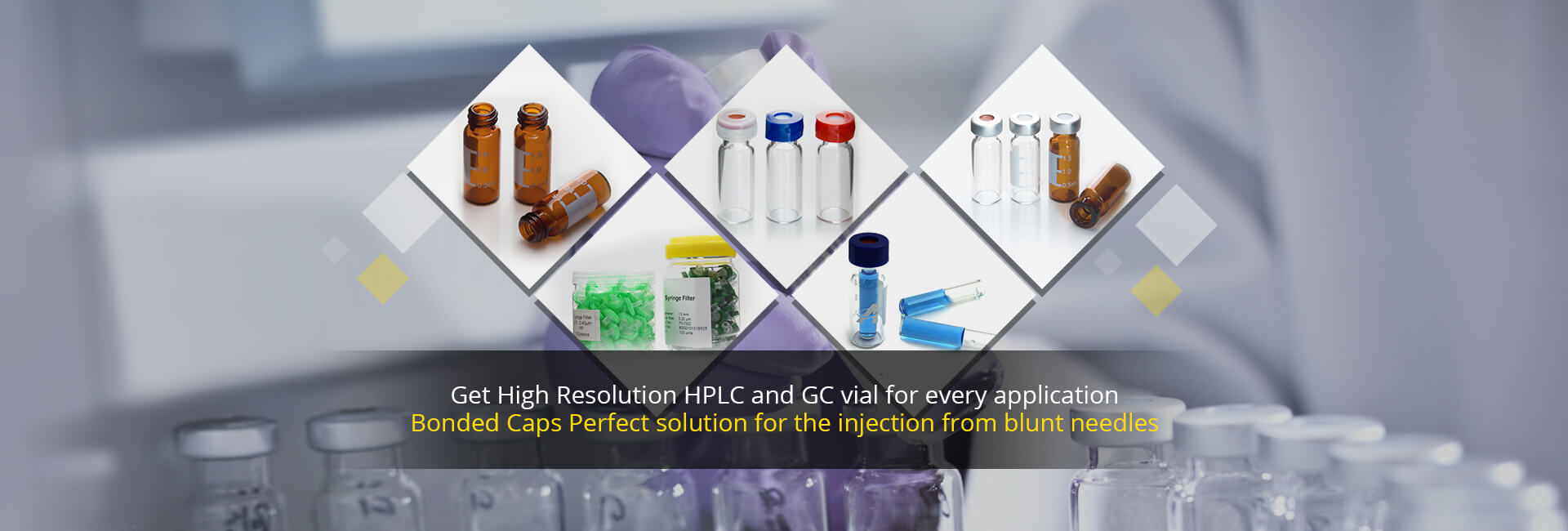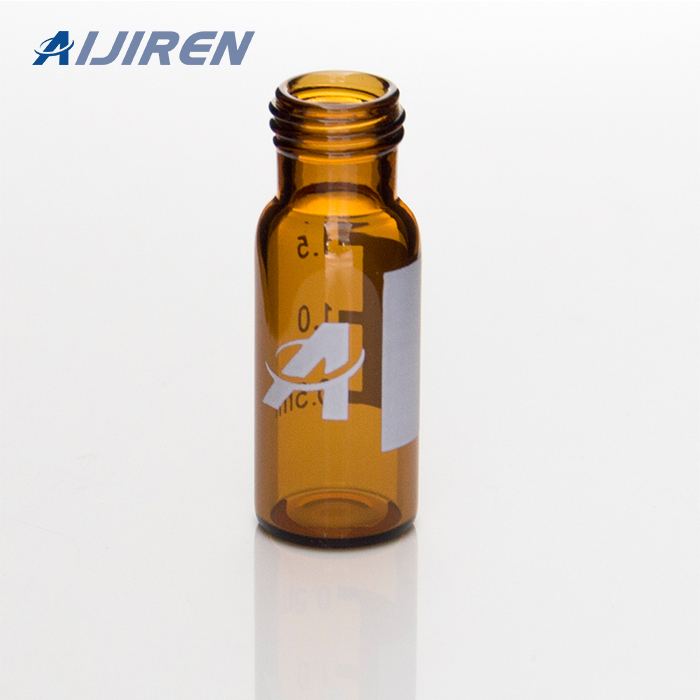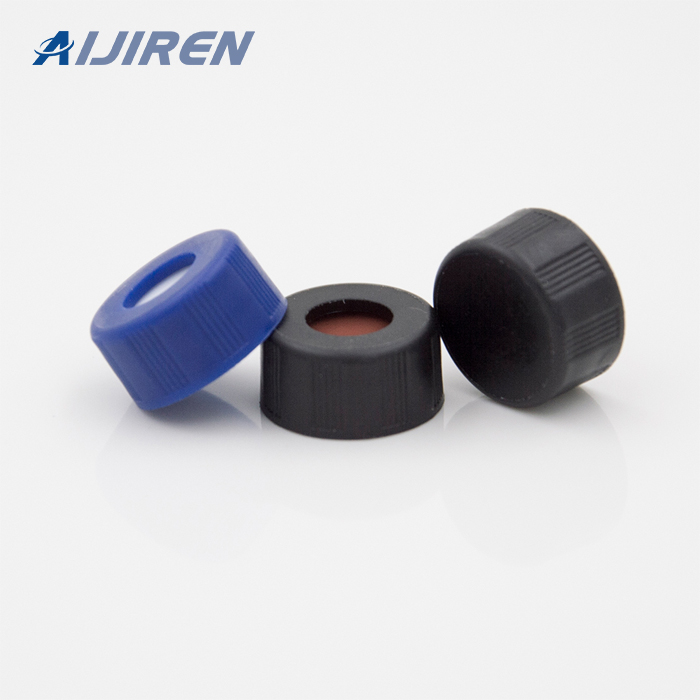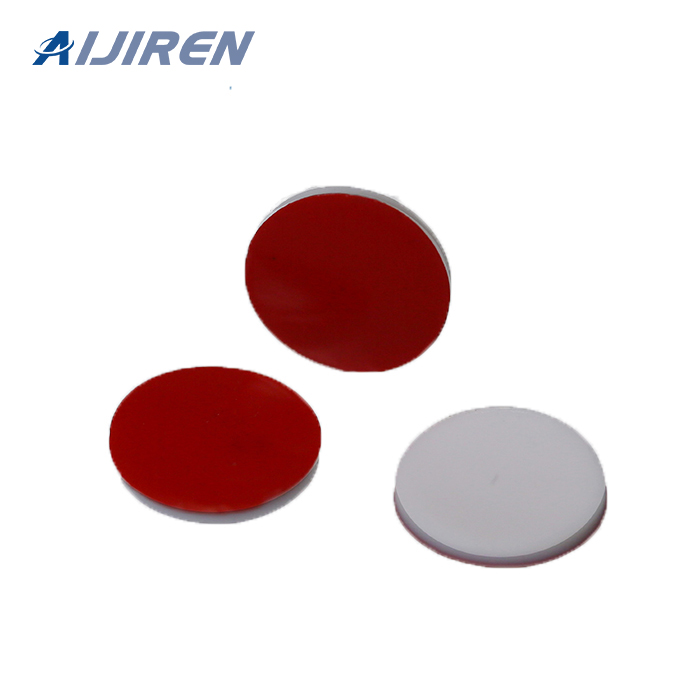




Because borosilicate glass doesn’t expand like ordinary glass, there is a smoother transition between temperatures as well as the ability to withstand different temperatures at the same time. Borosilicate glass has an extremely low coefficient of linear expansion (3.3 x 10 –6 K –1 ) as a result of its low thermal expansion.
Jul 07, 2020 · Borosilicate glass is a type of glass that includes at least 5% boric oxide. The boric oxide makes the glass resistant to extreme temperatures, and also improves its resistance to chemical corrosion. This glass is very popular in the manufacture of scientific instruments, and it was once widely used to make glass for kitchens as well.
Manufactured of durable borosilicate glass for use with aqueous, organic or corrosive liquids. Can be sterilised in an autoclave at 121°C. The base design has an integral vacuum connection located above the filtrate drip to prevent contamination of the vacuum line with droplets.
Genuine Restek Replacement Parts - VWR
Borosilicate glass is a type of glass with silica and boron trioxide as the main glass-forming constituents. Borosilicate glasses are known for having very low coefficients of thermal expansion (~3 × 10 −6 K −1 at 20 °C), making them resistant to thermal shock, more so than any other common glass.
Hilgenberg GmbH • Strauchgraben 2 • D-34323 Malsfeld • Germany Tel: +49 (5661) 7303-0 • Fax: +49 (5661) 7303-11 • Web: www.hilgenberg-gmbh.de
Borosilicate glass is a type of glass with silica and boron trioxide as the main glass- forming constituents. It contains silica 81% + boric oxide (B 2 O 3 ) 12% + soda (Na 2 O) 4.5% + alumina (Al 2 O 3 ) 2.0%.
The properties of borosilicate glass include four common variations. This page shows summary ranges across all of them. For more specific values, follow the links immediately below. The graph bars on the material properties cards further below compare borosilicate glass to other glass and glass-ceramics (top) and the entire database (bottom).
No Description Septa material Durometer mm Pack qty • Precision thread vials and closures now also used on PerkinElmer TurboMatrix 16, 40 Aluminium cap, plain, 10mm Silicone white/ 50° Shore A 3.0 1000 and 110 autosamplers constructed after 01.09.2006 1 11891653 centre hole aluminium foil silver • 11713027* especially suitable for SPME due
Severn Sales Glassware Catalogue Benefit from 35 years experience – our friendly sales team will be glad to help you with your enquiry. Call us today! 0117 960 8858 1 Lodge Road, Kingswood, Bristol, BS15 1LD Tel: 0117 960 8858 Fax: 0870 777 6071 Email: [email protected]
Borosilicate Glass. Borosilicate glass is an “engineered” glass developed specifically for use in laboratories and applications where thermal, mechanical and chemical conditions are too harsh for standard, household-type soda lime glass. Some common names of borosilicate are Pyrex™ by Corning and Duran™ by Schott Glass.
Search the history of over 446 billion web pages on the Internet.
The dielectric material compositions are 55 wt.% Al 2 O 3 and 45 wt.% lead borosilicate glass for G-C(I), 45 wt.% cordierite (2MgO · 2Al 2 O 3 · 5SiO 2) and 55 wt.% borosilicate glass for G-C(II), 35 wt.% SiO 2, and 65 wt.% borosilicate glass for G-C(III). The optimum sintering temperature for these materials is about 900 °C in air.
Borosilicate glass is a type of glass with silica and boron trioxide as the main glass-forming constituents. Borosilicate glasses are known for having very low coefficients of thermal expansion (≈3 × 10 −6 K −1 at 20 °C), making them more resistant to thermal shock than any other common glass.
Brown University Stockroom Catalog Phone: 866-884-2019 • Fax: 800-926-1166 • Web: www.fishersci.com Biomed Stockroom Contact Page For stock availability and delivery please, contact: Biomed Main Stockroom Gerry Levesque – 863-2745 Biomed Ship Street Stockroom Jim Andrews – 230-3970 For product additions or special services, please contact: For Fisher Scientifc inquiries, please contact